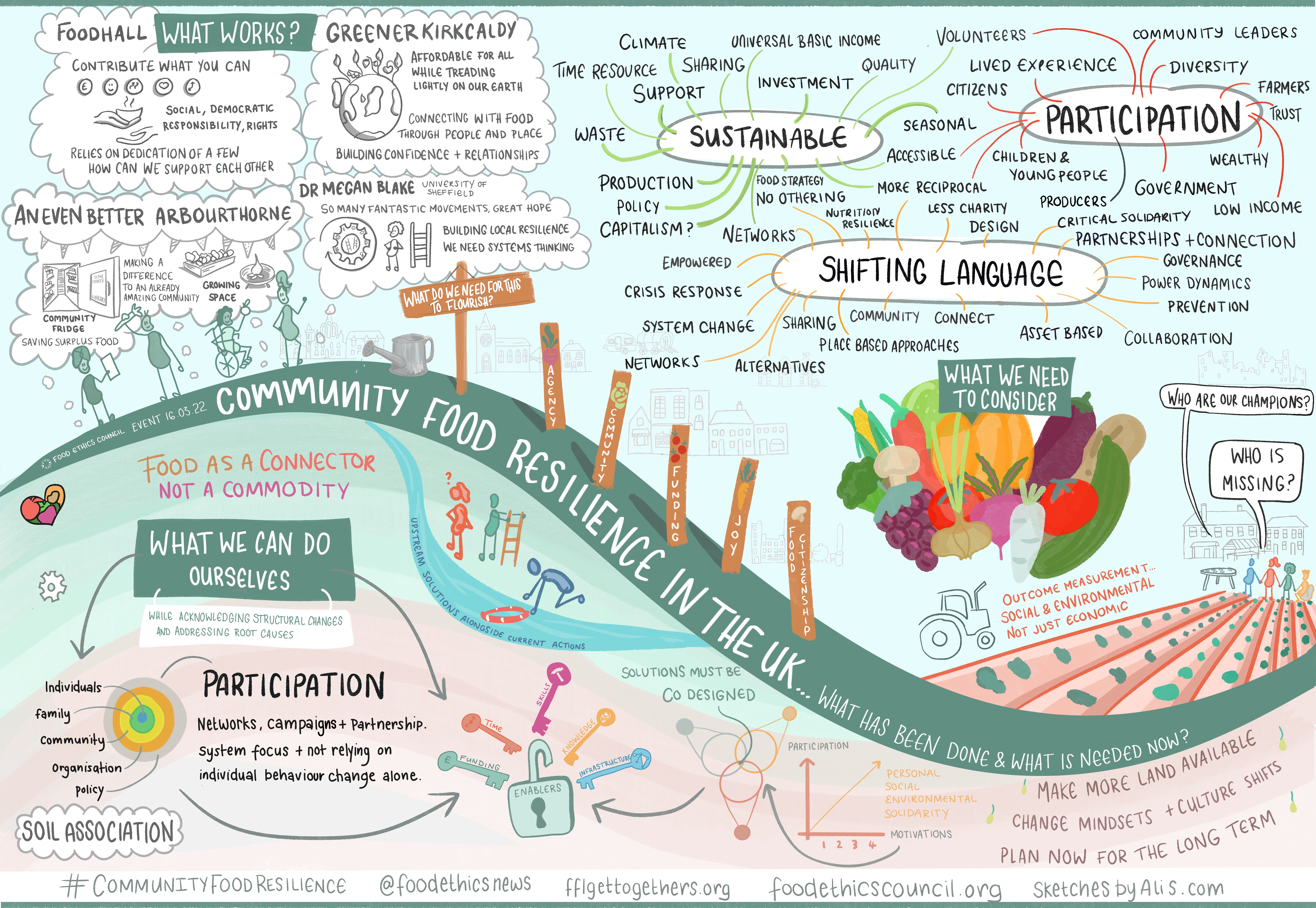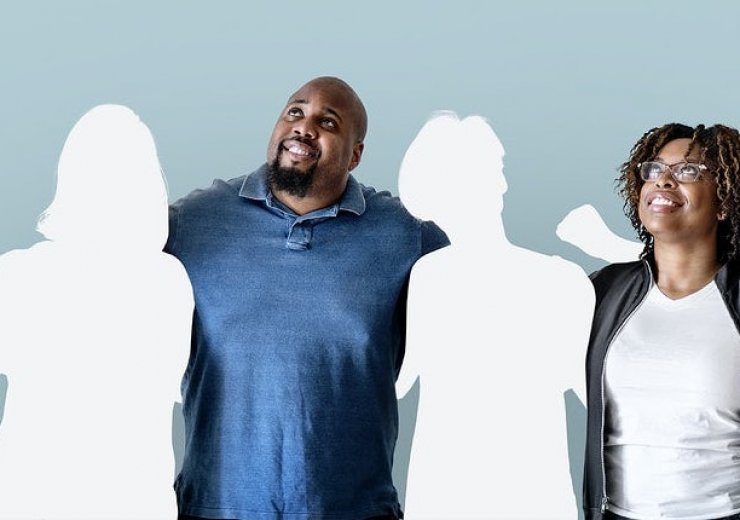
Empowering communities to build community food resilience
We at the Food Ethics Council have been working over the past three years to explore how community organisations can encourage bottom-up community food resilience. We have done this in recognition of the ever growing rates of food insecurity and the prevalence of different kinds of emergency food aid, many of which limit choice for the people accessing them.
We acknowledge that much of what needs to change is systemic, and we don’t shy away from that. However, our work to strengthen the food citizenship movement tells us that it’s important that we tackle systems that make us feel powerless. We believe that to have an impact on changing those systems, we need to change the way we talk about poverty, and changing the stories we tell about ourselves and our communities. We believe if we can change the language we use and the stories we tell, we can make a difference and start to change the systems.
Powerful narratives about poverty and cheap food underpin current policy and many of the practical solutions in this space. To change the situation from both the top down and the bottom up, we first need to reframe the narrative and tell different ‘stories’ about the problem and the solution. We talk about this as moving from the Consumer Story to the Citizen Story.
In the consumer story, our power is limited to what we buy – anyone who is unable to buy food, lacking either funds or access, often has no choice but to rely on food charity, which is usually given with limited, if any, choice in what they receive. As well as denying that person agency in what they and their family eat, this also creates an ‘us and them’ dynamic between those providing charity and those needing it, often leaving little room for dignity, choice and empowerment.
The citizen story makes us more than just consumers. As food citizens, our role in our communities expands beyond what we can or can’t afford to purchase, and opens the door to lots of ways in which to participate. Opening up opportunities for people to volunteer, cook for each other, eat with each other and share their skills and knowledge will have a much wider impact than just on them as individuals. Community food resilience will flow from citizen sharing, citizen empathy and citizen power.

In March 2022 we published a guide to Building Community Food Resilience to unpick and understand what a path to building community resilience in the UK could look like, focusing on the role of community food organisations. We hope this guide will support a shift away from current emergency food aid models reliant on food charity towards approaches that build long-term community food resilience.
The guide is a combination of real case studies and examples, practical tools and shared knowledge about food citizenship, making a case that it is foundational to the shifts we need. Food citizenship gives us the tools we need to imagine and create a fairer food system for all.
Food is so much more than food. It is culture, and heritage, and nourishment. Showing love and care for communities through food, and the experience of eating, sharing and cooking is critically important in building community resilience.
The report is available here.
You can also access the online launch event where we heard from those who are building resilience food communities across the UK and explored what is needed to make things better now and in the future.
We’d love to know if you found this guide useful. We invite anyone who is exploring solutions that empower communities to build resilience from the ground up to get in touch here.

What challenges have emergency food aid providers faced under COVID-19? How have they responded to major food system shifts?